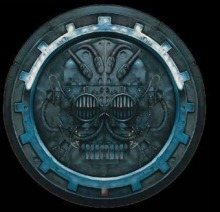N e o - C h i n a a r r i v e s f r o m t h e f u t u r e .
Tbh, nah. I don’t know enough about China. As much as I’d love to play a titanic technocapitalist, transhumanist state thinking it is beyond the judgement of God, I don’t think I have enough time to occupy such an important position in the world stage.






